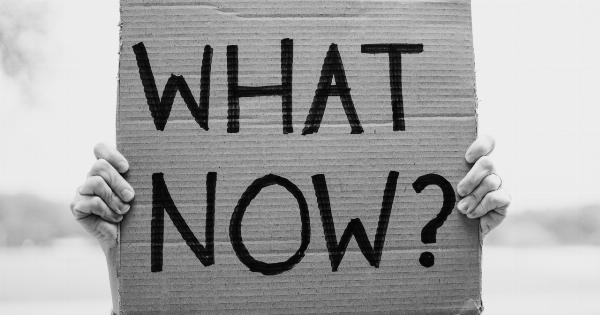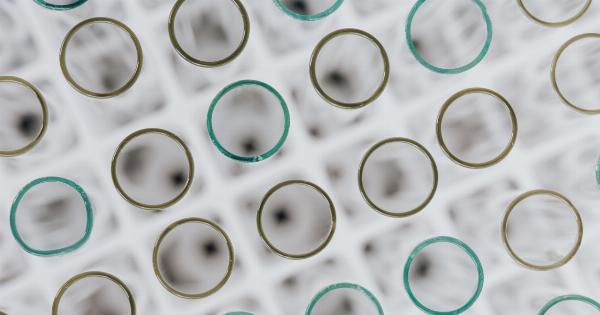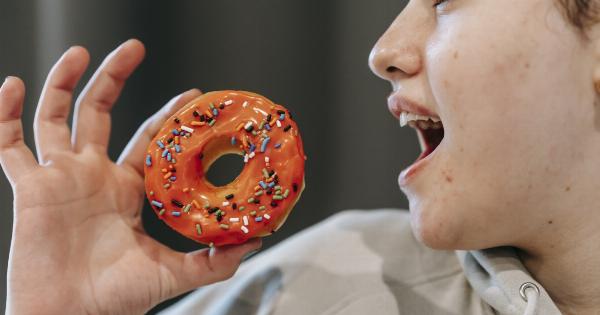Male ejaculatory disorders refer to a condition in which there is difficulty in achieving ejaculation or no ejaculation at all following sexual stimulation.
Among these disorders is inhibited ejaculation (IE), which is commonly referred to as retarded ejaculation.
Causes of Inhibited Ejaculation
The exact cause of inhibited ejaculation remains unknown. However, several factors may contribute to the condition. These include:.
Psychological and Behavioral Causes
Psychological and behavioral factors are known to play a significant role in ejaculatory disorders. They may include:.
- Stress and Anxiety: High levels of stress and anxiety can affect sexual performance.
- Depression: Depression can interfere with sexual arousal and responsiveness.
- Relationship Problems: Relationship problems such as conflicts or lack of intimacy can affect sexual performance.
- Religious and Cultural Beliefs: Certain religious and cultural beliefs may encourage abstinence from sexual activities, leading to inhibited ejaculation.
- Masturbatory Techniques: Certain masturbating techniques such as prolonged stimulation or pressure on the penis can lead to ejaculatory disorders.
Medical Causes
The following medical conditions may contribute to inhibited ejaculation:.
- Nervous System Disorders: Nervous system disorders such as multiple sclerosis and Parkinson’s disease can affect the delivery of nerve impulses related to ejaculation.
- Endocrine Disorders: Hormonal imbalances such as low levels of testosterone can affect sexual function, including ejaculation.
- Prostate Cancer: Prostate cancer and its treatments can cause damage to the nerve and muscles needed for ejaculation leading to IE.
- Medications: Certain medications such as antidepressants, blood pressure drugs, and antipsychotic drugs can affect sexual function.
Diagnosis and Treatment
Diagnosis of inhibited ejaculation requires medical intervention. Treatment may vary depending on the underlying cause, and may include:.
- Behavioral Therapy: Behavioral therapy aims at addressing psychological and behavioral factors contributing to IE. This can include anxiety reduction techniques, relationship counseling, and sexual therapy.
- Medications: Certain medications such as antidepressants, anxiolytics, and hormonal therapies may help to treat IE. Medications should be taken following a medical consultation as they may have side effects.
- Surgery: In severe cases of IE, surgical intervention may be recommended. Surgery should only be considered as a last resort after other treatment options have proven ineffective.
Prevention of Inhibited Ejaculation
Inhibited ejaculation can be prevented through the following measures:.



























